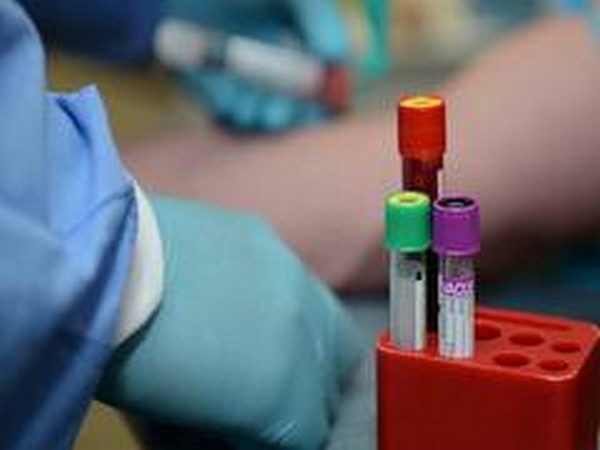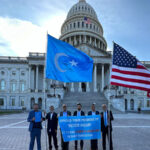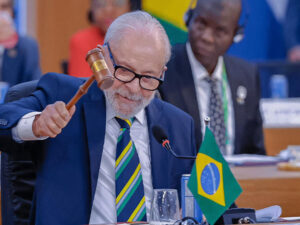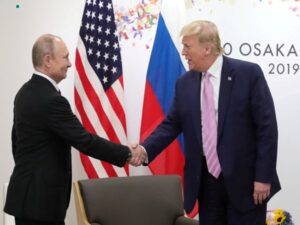
Berlin [Germany], December 1 (ANI/Sputnik): German BioNTech biopharmaceutical company and its US partner Pfizer have submitted a formal application to register their vaccine against coronavirus in the European Union which, if approved, will allow EU nations to start vaccinating their population before the end of the current year, according to a joint press statement released by the companies on Tuesday.
“Pfizer … and BioNTech … have submitted on Monday, November 30, 2020, a formal Application for Conditional Marketing Authorization (CMA) to the European Medicines Agency (EMA) for their mRNA vaccine candidate, BNT162b2, against COVID-19,” the press release read.
In November, Pfizer and BioNTech announced that their vaccine had 95 per cent efficacy, according to the final trial analysis. The company had already filed a request with the US Food and Drug Administration and UK Medicines and Healthcare Products Regulatory Agency for an emergency use authorization for BNT162b2.
“If EMA concludes that the benefits of the vaccine candidate outweigh its risks in protecting against COVID-19, it will recommend granting a CMA that could potentially enable the use of BNT162b2 in Europe before the end of 2020,” the press release said.
EMA has confirmed that it received the application for Conditional Marketing Authorization for BNT162b2, adding that it will issue a decision on granting the CMA within several weeks.
“EMA has received an application for conditional marketing authorisation (CMA) for BNT162b2 … The assessment of BNT162b2 will proceed under an accelerated timeline. An opinion on the marketing authorisation could be issued within weeks, depending on whether the data submitted are sufficiently robust and complete to show the quality, safety and effectiveness of the vaccine,” the EU regulator said.
Pfizer and BioNTech also said that they had initiated additional rolling submissions across the globe including in Australia, Canada and Japan, and plan to submit applications to other regulatory agencies around the world. (ANI/Sputnik)


















